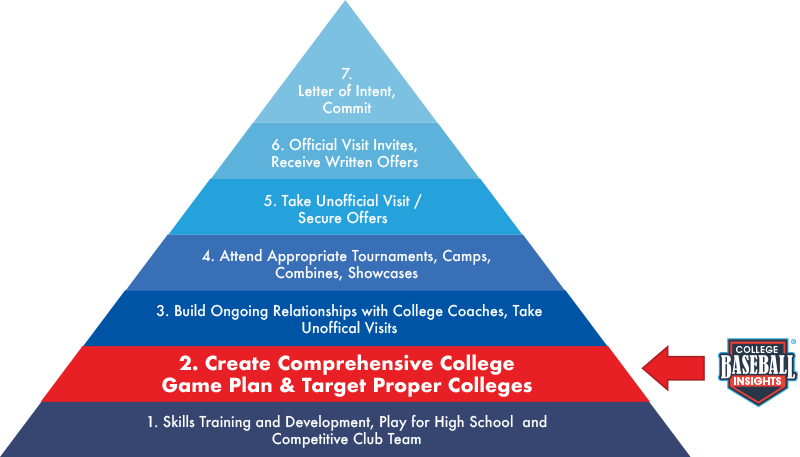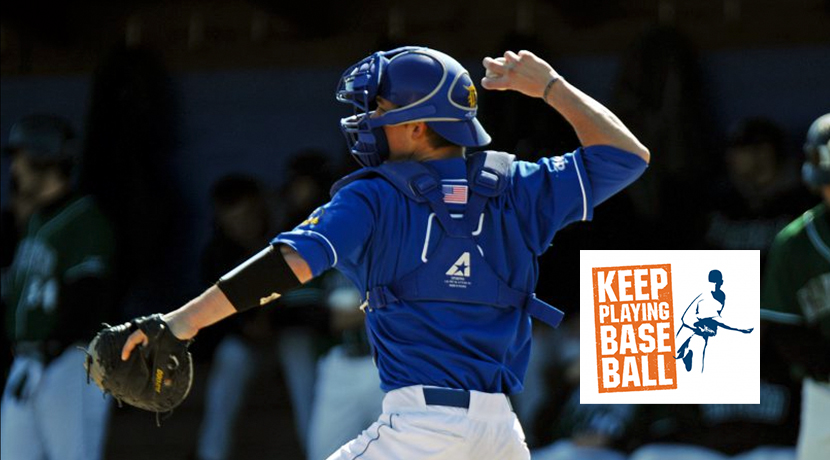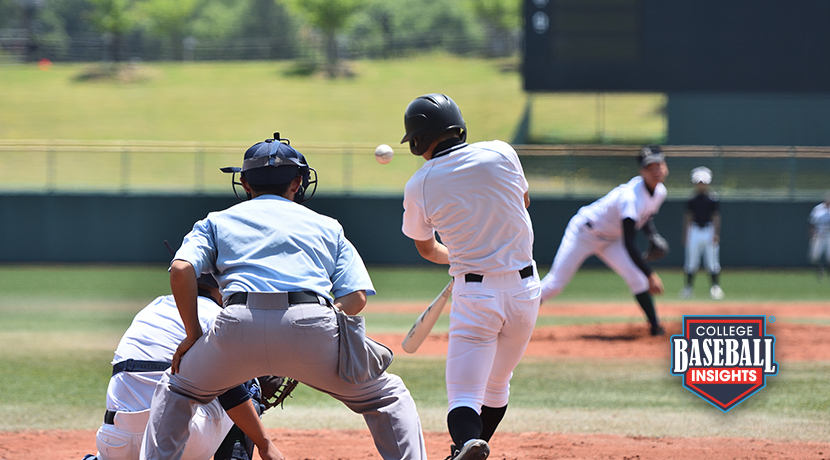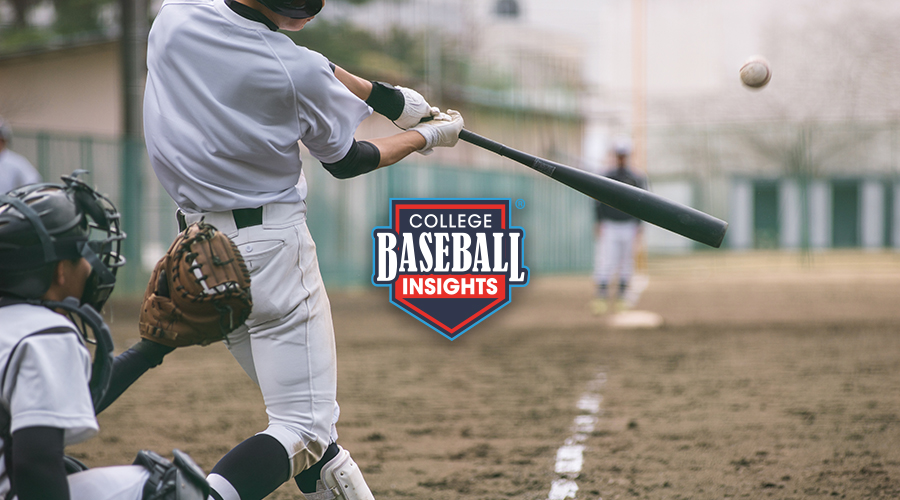Why I Chose D3 Baseball
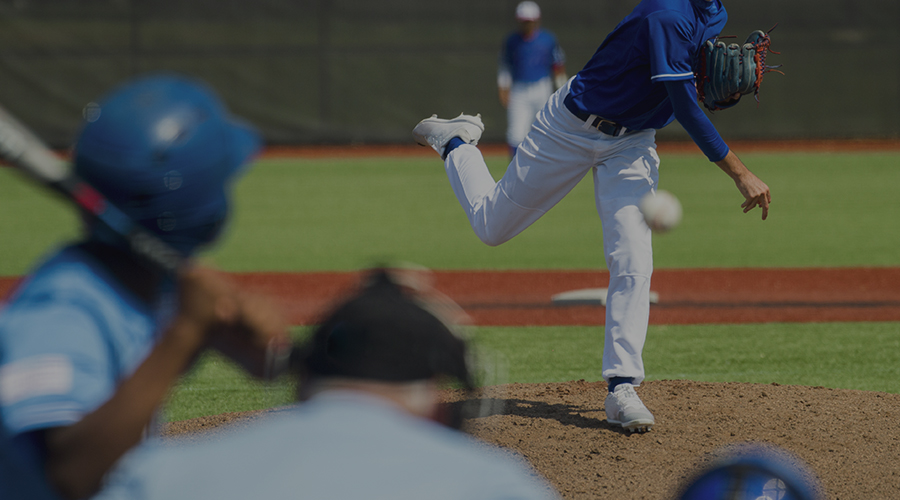
Michael Reyes is a rising junior at Stevens Institute of Technology. A graduate from South Brunswick High School in New Jersey, he is a left-handed pitcher and outfielder. He shared his recruiting story with College Baseball Insights.
By Ben Slavin
College Baseball Insights: When did you start researching schools and how long did you spend?
Reyes: I started doing research during sophomore year, but it wasn’t as focused or serious early on. Early on in my recruiting, a lot of the schools I knew were local, had a great reputation, or reached out to me through a mass recruiting email about camps. I really started expanding the range of potential schools I was looking at when I started attending showcases. There’s a large number of schools at these types of events so I made sure I knew what schools were going, which ones were a potential fit, and how I could connect with them afterwards. This was eventually how I met with my coaches at Stevens. I also used a recruiting service that would give me a lot of useful information about schools and provide potential matches based on my preferences. I’m not sure exactly how many hours I spent, but I definitely took a few hours each week to write emails to schools I like as well as find new ones that may be a good fit.
College Baseball Insights: How many schools were you in contact with during your recruitment?
Reyes: I probably seriously connected with maybe 10-15 schools give or take. I tried reaching out to a lot of D1s early but only got some interest, so I focused on mainly academic D3s later on. At the end of the process, I had four offers I was considering. The rest of them were either a reach academically/athletically or I just didn’t see a fit. In the end, I was only really interested in Stevens and one other school, so that’s what I made my decision between.
CBI: What were the most important factors you considered when looking at schools?
Reyes: The main things I considered were academic reputation, what majors were offered, campus life and location, level of competition, coaches’ personalities and experience, and opportunities for playing time and individual development. I was able to find the best mix of all of my preferences in a school through my visit to Stevens. They had me for an overnight and I got a really good feel for what it was like to be a student there. I already knew that they were a strong academic school and had a talented team but my visit really helped me see that this was a place where I’d be really comfortable.
CBI: How active were you in playing club and doing camps and showcases?
Reyes: I’d say I was very active with club baseball. My club team’s practice/tournament schedule usually kept me pretty busy throughout the summer and gave me a lot of opportunities to get in front of coaches in a game setting. My club coaches would also do a lot to help me reach out to schools and gauge the interest level from their coaches. In addition to this, I also did a lot of camps hosted by colleges I was interested in. This seemed like the best way for me to get direct feedback from schools or to form/build on connections with coaches. I did a few of the bigger showcases as well and I thought they were really helpful in maximizing exposure to schools and seeing which particular ones expressed interest.
CBI: How helpful would you say those were?
Reyes: Overall, I’d say that club baseball and camps/showcases helped me learn a lot through the recruiting process. The main things I learned were what schools I should be focusing on and how to interact with them. This eventually helped me narrow my focus to academic D3 schools as these were the schools I would have more serious and personal interactions with after participating in these events. They definitely played a huge part in getting my name out there.
CBI: How did you view D1 vs. D2 vs. D3 at the start of your recruitment?
Reyes: I was kind of dead set on trying to play for a D1 program early on. I thought D1 had the highest level of competition, the most publicity, etc., with a lot of the schools having a stronger reputation academically and overall. I didn’t really know that many D2 programs and I didn’t really consider any during my recruiting. And I thought D3 had a lot of different options like reputable academic schools but others that are just smaller schools and you might not have heard of that can still provide a lot for an athlete.
CBI: Has that view changed since you started college?
Reyes: I think my view of D1 is pretty similar. They’re all bigger schools so they can provide the most. But, I do feel like D3 has provided a lot of what I’ve wanted in my college baseball experience. I always heard academics was the first priority when I was recruited by these schools, but I’ve seen that doesn’t take away from the level of competition or how hard we work on the field.
College Baseball Recruiting Pyramid
